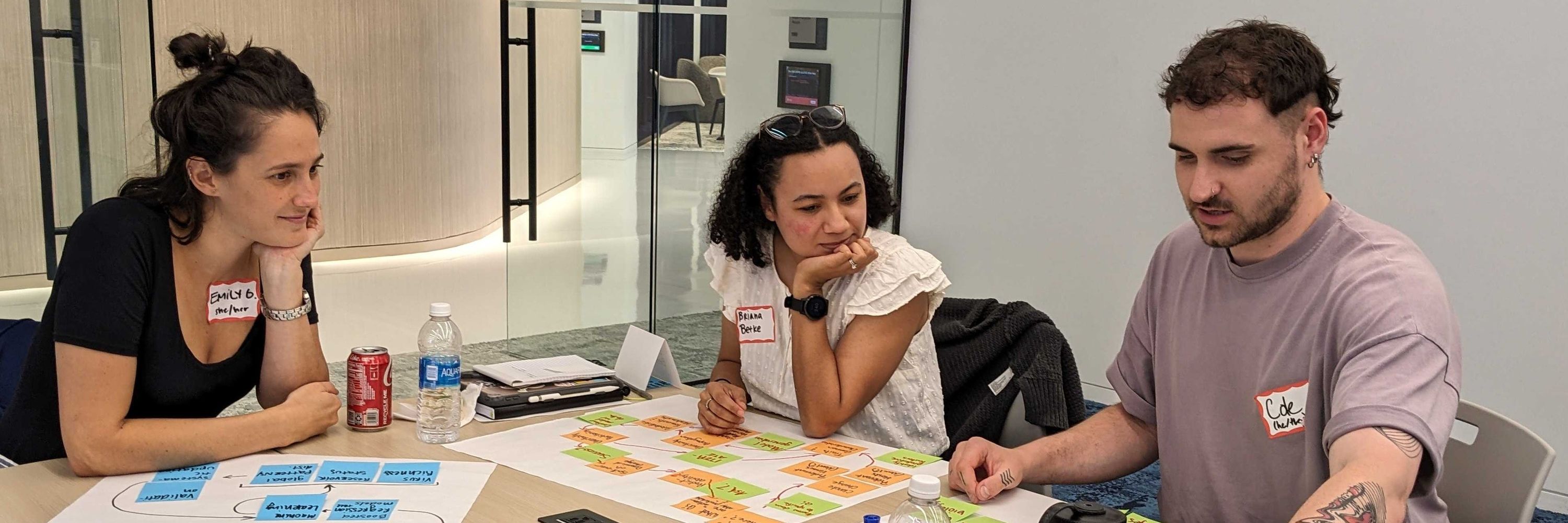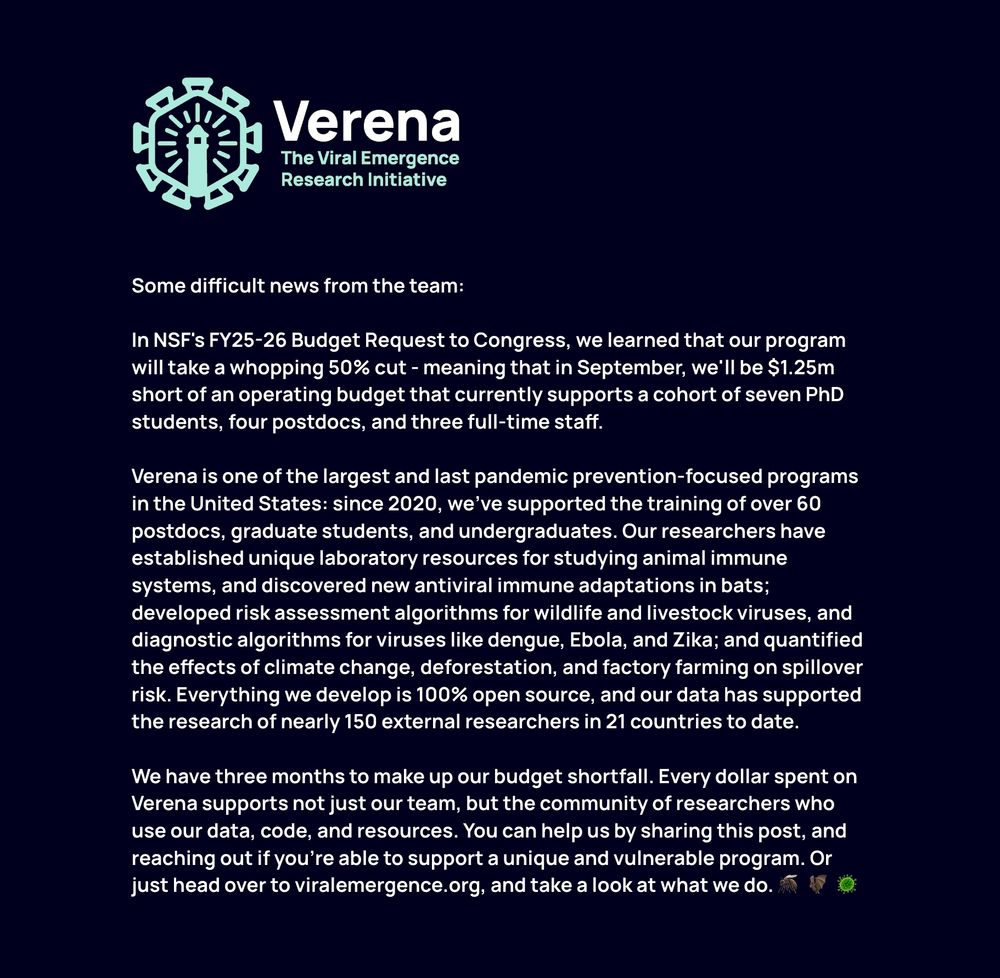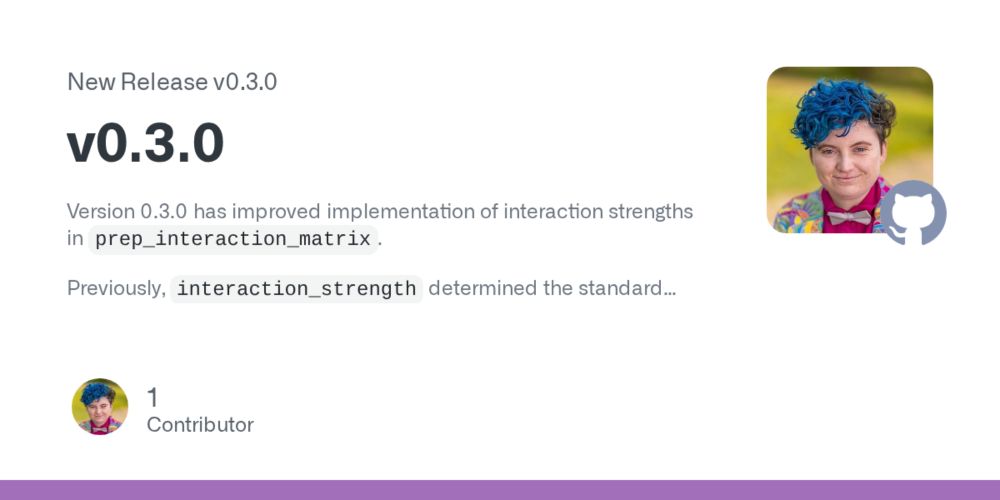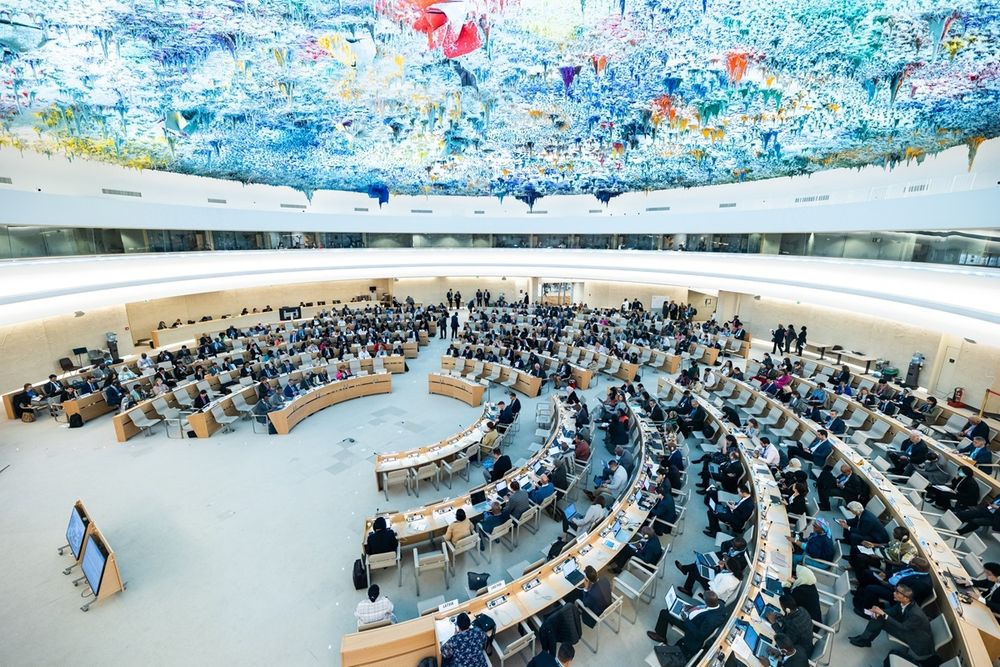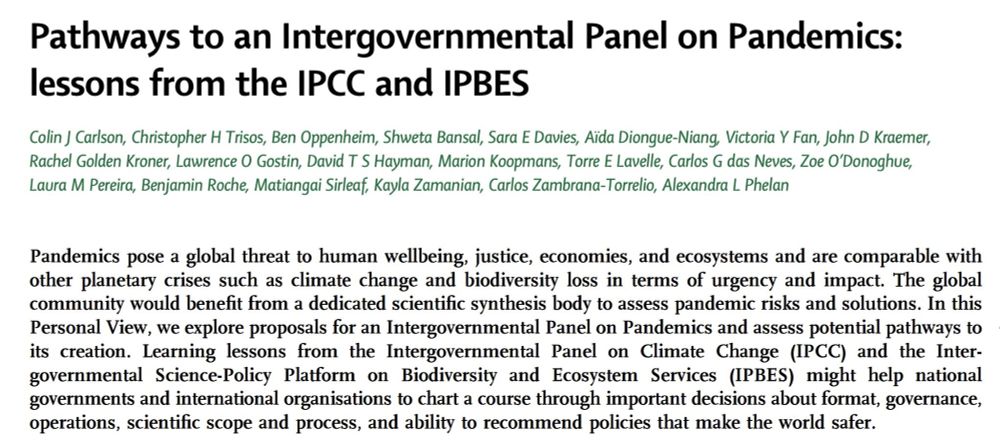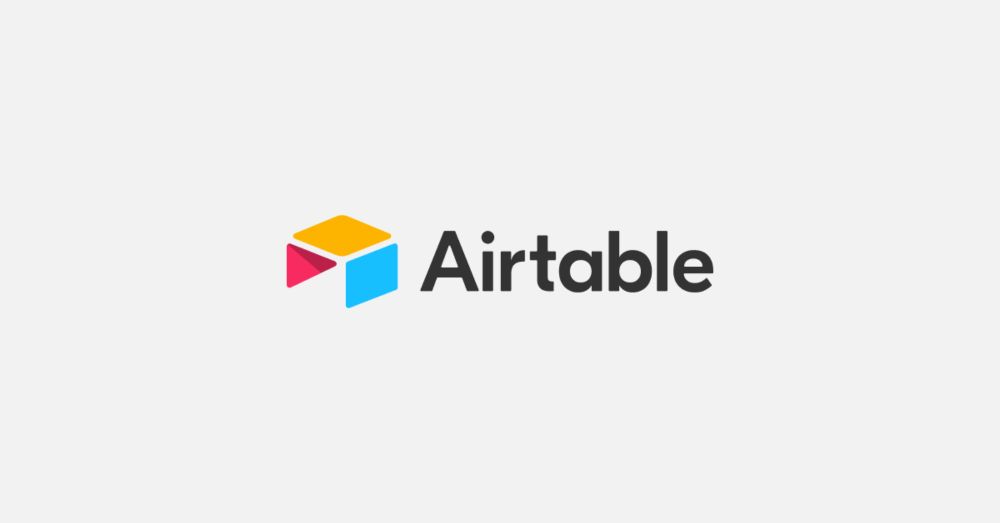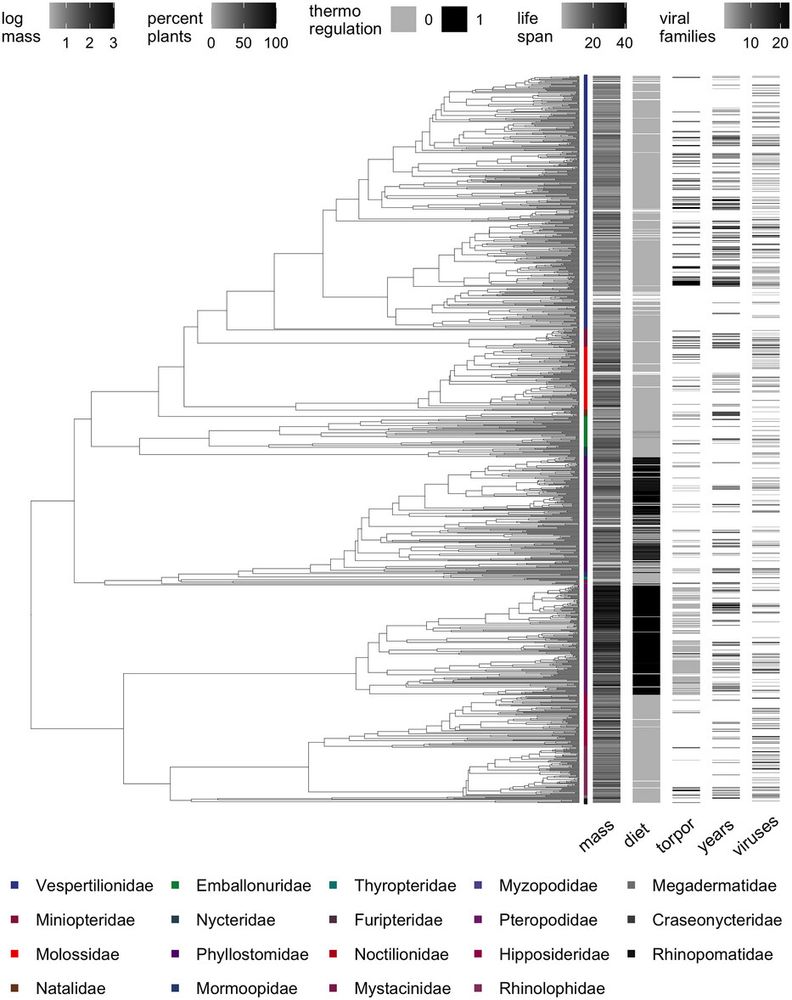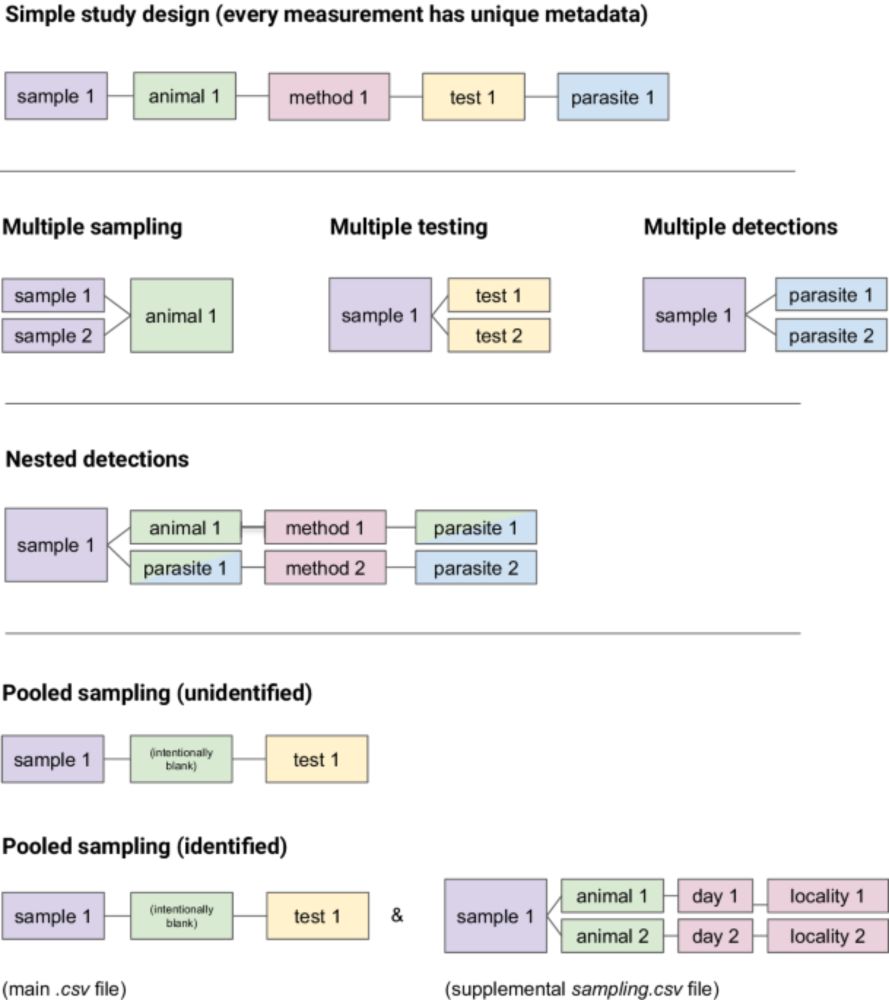Verena
@viralemergence.org
710 followers
28 following
10 posts
🦠 Yale-based, NSF-funded Institute for pandemic prediction.
💻 How we do it: data, biology, AI, and team science.
⚖️ Why we do it: scientific discoveries and global health security.
➡️ See more at viralemergence.org.
Posts
Media
Videos
Starter Packs
Pinned
Reposted by Verena
Reposted by Verena
Reposted by Verena
Reposted by Verena
Reposted by Verena
Reposted by Verena
Reposted by Verena
Dr. July Pilowsky
@pilowsky.me
· Jul 30
Reposted by Verena
Reposted by Verena
Reposted by Verena
Reposted by Verena
Reposted by Verena
Colin Carlson
@colincarlson.bsky.social
· Jul 14
Reposted by Verena
Colin Carlson
@colincarlson.bsky.social
· Jul 16
Reposted by Verena
Reposted by Verena
Reposted by Verena
Reposted by Verena
Colin Carlson
@colincarlson.bsky.social
· Jun 17
Reposted by Verena
Colin Carlson
@colincarlson.bsky.social
· Jun 17
